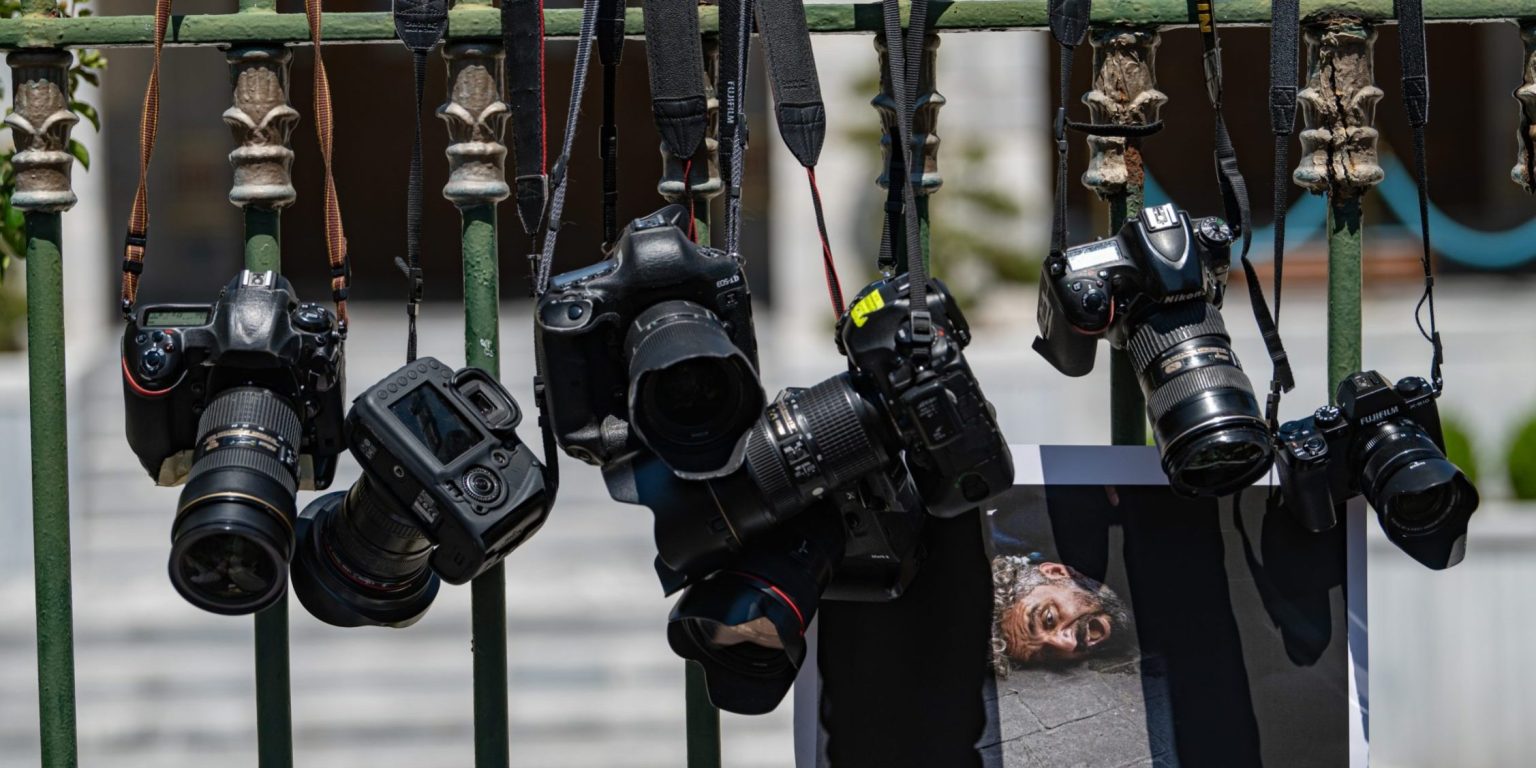The 2025 World Press Freedom Index has delivered its annual verdict, and for Turkey, it is a declaration of national shame. In a new historic low, Turkey has fallen to 159th place out of 180 nations, firmly entrenching it in the “very serious” category—the bottom rung of the global ladder, reserved for regimes where journalism is treated not as a profession, but as a crime.
This is not a statistic. It is the final, damning report card on a two-decade project of systematic deconstruction, meticulously executed by the AKP government under Recep Tayyip Erdoğan, to dismantle the free press and, with it, a core pillar of the Turkish Republic. When the AKP came to power in 2002, Turkey was ranked 99th. Today, it stands in the company of the world’s most repressive autocracies. This is not a decline; it is a controlled demolition that has set the nation back a hundred years.
The report from Reporters Without Borders (RSF) confirms what we, the few remaining independent journalists, live every day: a multi-front war waged against truth itself. The Erdoğan regime’s strategy is built on two primary weapons: economic strangulation and judicial terror.
As RSF Turkey representative Erol Önderoğlu rightly points out, “without economic independence, there can be no free press.” The government has perfected a system of financial apartheid. State advertising revenue, public contracts, and financial lifelines are funneled exclusively to a vast network of pro-government media conglomerates. These outlets serve not as watchdogs, but as the propaganda arm of the palace. Simultaneously, independent publications are starved of resources, driven into bankruptcy, or forced to close, creating a media landscape where critical journalism is a financially unsustainable act of defiance.
The second, and more brutal, weapon is the judiciary itself. The courts in Turkey have been transformed into instruments of political revenge. Vaguely worded “anti-terror” laws and the infamous Article 299 (“insulting the president”) are used as legal cudgels to imprison, intimidate, and silence any journalist who dares to investigate corruption, question state policy, or expose inconvenient facts. Physical attacks and threats against reporters have become commonplace, fostered by a climate where critical journalists are publicly branded as traitors and terrorists by the highest levels of government.
This is the direct consequence of a deeply ingrained, authoritarian, and dogmatic ideology that views a free and pluralistic press not as a component of democracy, but as a direct threat to its absolute power. For Erdoğan, a journalist with a notebook is more dangerous than an army, because that notebook contains the one thing his regime cannot tolerate: accountability.
The slow-motion destruction of Turkish media is more than just a professional tragedy for journalists; it is a catastrophe for Turkish society. When the fourth estate is silenced, the public’s right to know is extinguished. Corruption flourishes in the darkness, state crimes go unpunished, and the government operates without any meaningful checks and balances.
This ranking is a testament to the failure of a system, but it is also a testament to the resilience of those who refuse to be silenced. Every shuttered newspaper, every jailed reporter, and every censored website is a scar on the face of the nation. The fight for press freedom in Turkey is not merely about the rights of journalists; it is a fight for the very soul of a modern, secular republic against the forces that seek to drag it back into an age of darkness and despotism.


